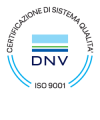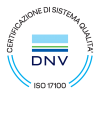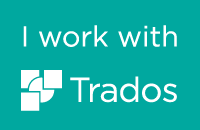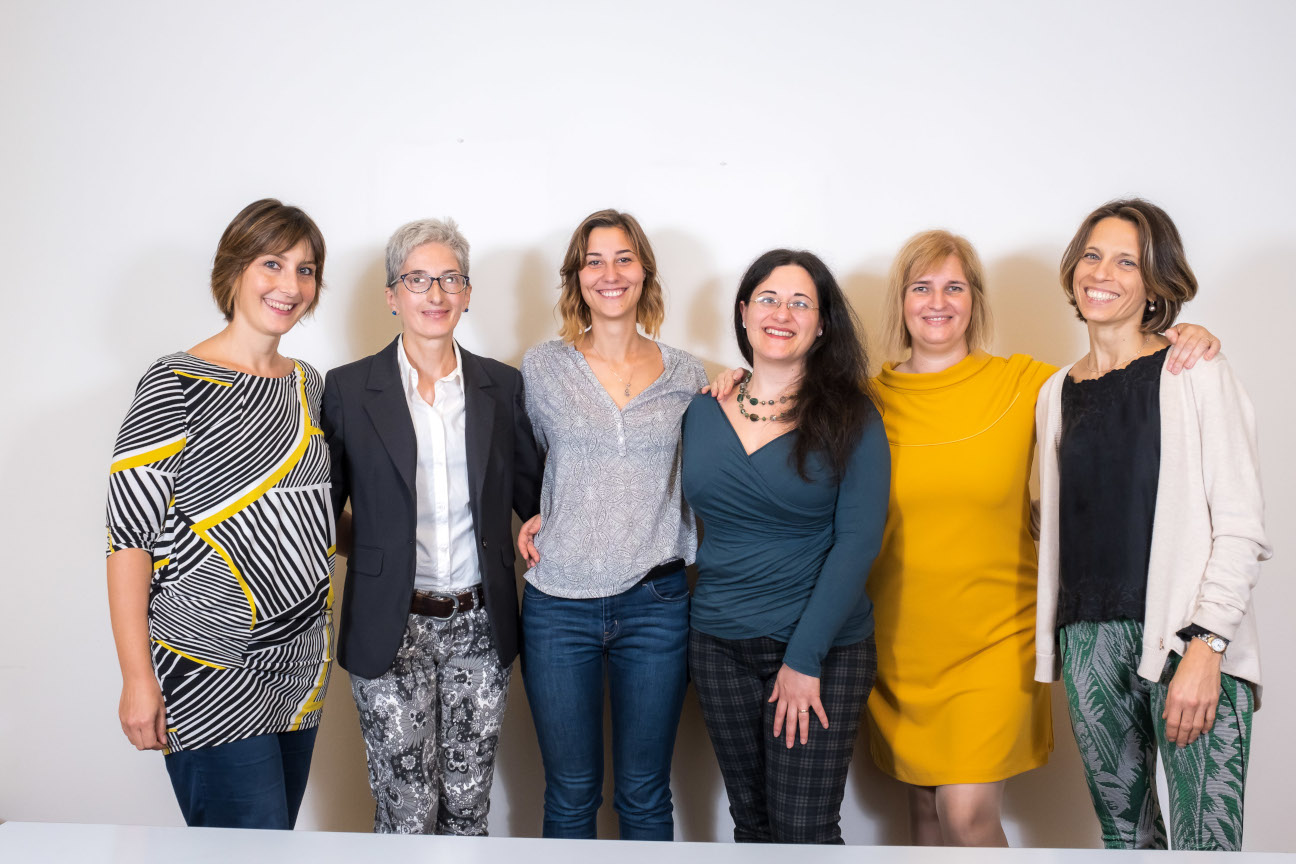TEXTS LOCALITATION
Globalisation has reinforced the demand for localisation services in order to promote increasingly targeted, effective multi-language communication.
Localisation implies much more than translating a text; it consists in effective adaptation of contents to the language and culture of the target country in order to guarantee more comprehensible transmission of the original meaning of the message.
Drawing on personal experience and expertise, a skilled mother-tongue translator can often localise contents while translating the text: for example, conversion of units of measurement from the British to the international system, adaptation of the format of the date and time, including the use of different calendars and time zones, numbering and writing systems or characters, names and titles not always expressed in the same way in different countries. Also, in translating anecdotes, idiomatic expressions, quotations of famous authors or places, images, typical recipes, etc., the translator will be guided by personal intuition and know-how. Also, it must be considered that terms and concepts of one language may be in incomprehensible, embarrassing or even offensive in another.
However, in many cases, localisation entails the need for specific planning according to sales approach or corporate image, which must be studied according to the customs and characteristics of the target country, also taking into account the structure and specific terminology of the language. In this phase, the translator and expert linguist will make available its specific expertise to marketing and design technicians, also cooperating with the client in identifying the best solutions.
FIELD OF APPLICATION
In addition to manuals and illustrative materials of products directed towards a specific market, localisation is applied in particular to the translation of corporate web sites and presentations and the translation of software which also implies technical adaptations, such as complying with the correct order of the words in automatically-generated strings, different in English from other languages, or adopting suitable abbreviations in order to comply with the length restrictions of messages displayed.
Our mother-tongue translators specialised in the ICT sector normally test the translation of the software to check that the messages are displayed correctly and coherently in the target languages, either running the program or in cooperation with the client’s ICT team.








